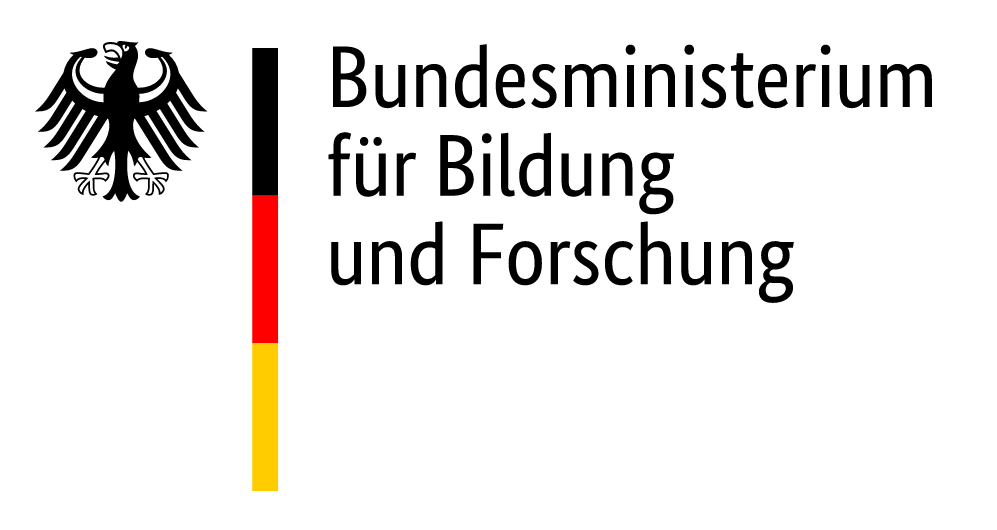Fifth call is closed!
Application deadline: 08.04.2025, 5:00 pm (German time)
Next call will open soon!
More information
Application deadline: 08.04.2025, 5:00 pm (German time)
Support of plant phenotyping research in Germany

The relationship between the genes, the environment and the phenotype of a plant determines the structure, function and efficient utilization of resources of that plant. This relationship is essential to address future challenges in food supply, plant resources and materials, climate, and energy supply.
Integration of plant processes from the molecular level to field applications is necessary to build sustainable plant production with increased efficiency in land, water, and nutrient utilization. While molecular and genetic methods had experienced significant advances in recent years, quantitative phenotype analysis became the limiting factor. Phenotyping paves the way to the currently limiting bridge from genome to phenotype and thus to crop performance in production.
Within the infrastructure project "DPPN" (2013-2021, FKZ: 031A053), innovative facilities for plant phenotyping were developed and implemented at the Forschungszentrum Jülich (FZJ), Leibniz Institute of Plant Genetics and Crop Plant Research (IPK) Gatersleben and Helmholtz Zentrum München (HMGU) in Germany. Thus, the DPPN project makes a decisive contribution to reducing scientific bottlenecks for modern plant breeding and plant research in Germany.
With the completion of the DPPN project, a comprehensive portfolio of new and innovative methods and facilities with high quality and increased throughputs is now available for users with plant phenotypic questions.
The three DPPN project partners joined forces in 2018 to form the DPPN e.V. association in particular to support and ensure the long-term provision of the facilities for conducting excellent research on plant optimization and breeding beyond the duration of the DPPN project. In order to make the facilities available to these users, the DPPN e.V. is trying to obtain corresponding project funds.
Within "DPPN-Access" national access to the facilities will be granted to users who have no - or only insufficient - funds available and would not be able to carry out the work without the support from the DPPN-ACCESS. This is aimed in particular to university users and users from other publicly funded research institutions in Germany.
Current events
European Plant Phenomics Symposium 2025 (EPPS 2025)
16th - 19th of September, Bonn
Registration is now open!
Training school : Machine Learning & Industry Insights
12th -15th of September, Bonn
More information



